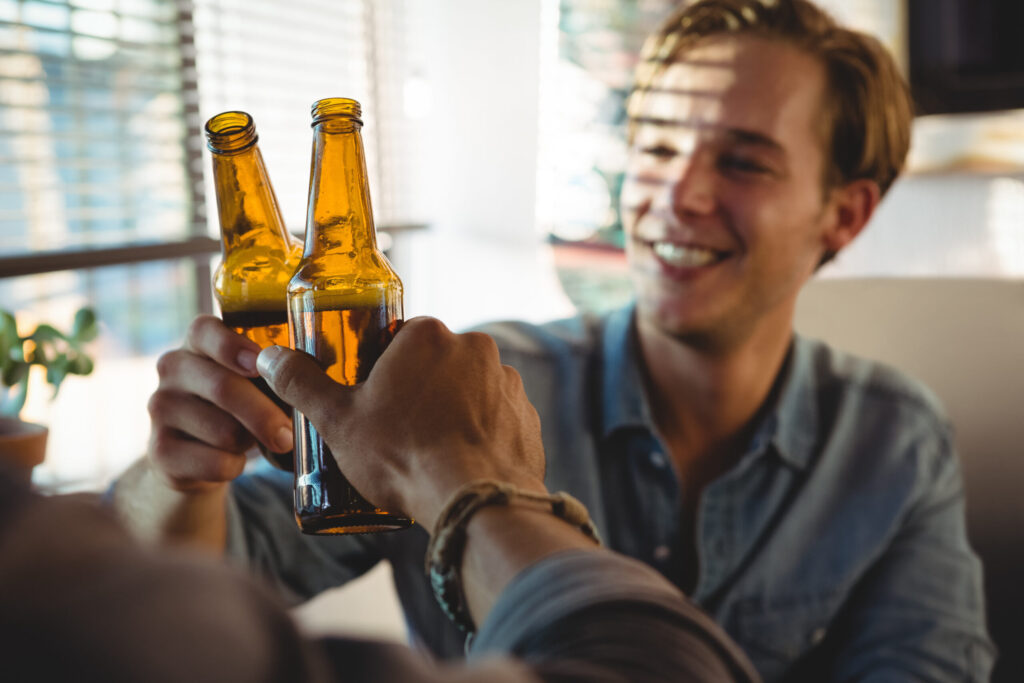IBS, or irritable bowel syndrome, is an intestinal disorder that causes pain in the stomach, with bouts of diarrhea and constipation. Unfortunately, IBS can affect anyone, and there might not be any clear cause or reason they have IBS. But there are certain things in our diet that can aggravate IBS and make it worse. Typically, they’re things we normally wouldn’t think about. But cutting out spicy foods, alcohol, and carbonated beverages might just help your IBS in more ways than you think.

Excessive Alcohol and Caffeine Consumption
We all know excessive drinking isn’t good for you, but do you know why? Alcohol and caffeine can irritate the digestive tract and exacerbate symptoms of IBS. When you’re drinking coffee in the morning and then a glass of wine in the evening, you might be doing your body harm. Both substances can stimulate bowel contractions and increase intestinal motility, leading to diarrhea or abdominal discomfort.
It’s recommended to limit or avoid alcohol and caffeine-containing beverages such as coffee, tea, and energy drinks. It may help reduce gastrointestinal distress in individuals with IBS. You’ll know if alcohol and caffeine are one of your IBS triggers if you feel bloated or cramping after consuming these beverages (Virtua).
